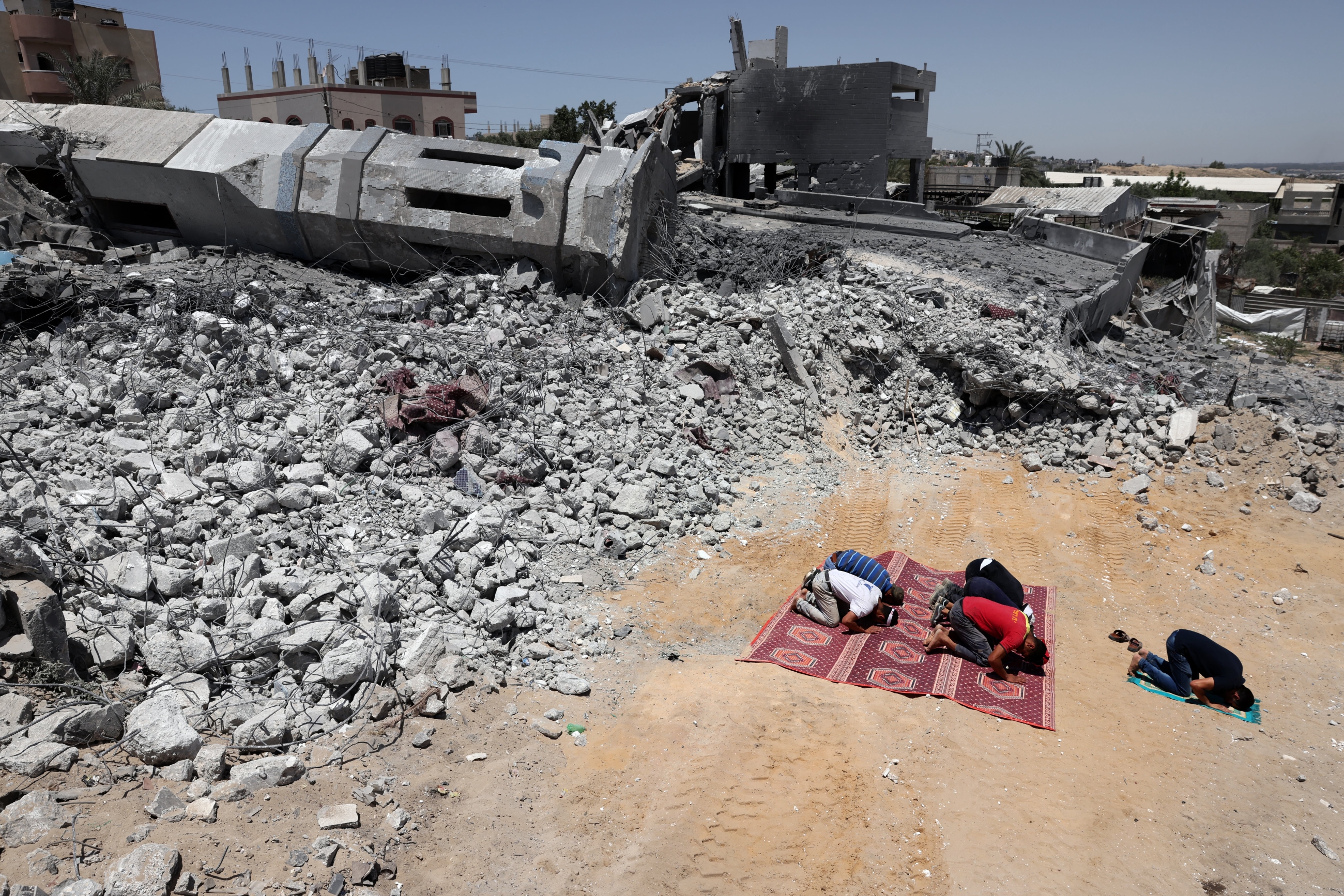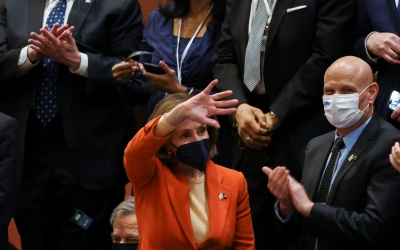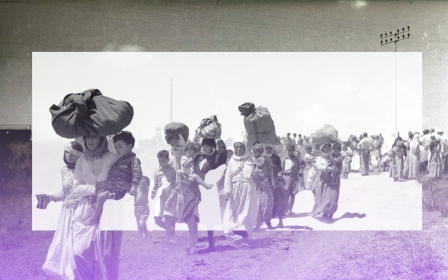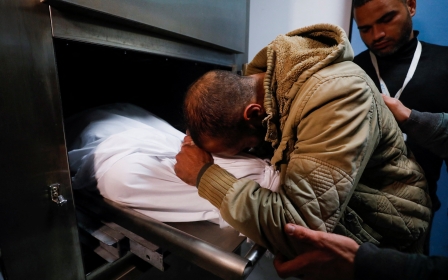Israel refuses to cooperate with UN probe into crimes committed during Gaza conflict

Israel will not cooperate with a United Nations commission looking into alleged Israeli war crimes committed against Palestinians during its May offensive on Gaza, a senior Israeli official has said.
Meirav Eilon Shahar, Israel's ambassador to the UN and international organisations in Geneva, said in a scathing letter delivered on Thursday to the commission's head, Navi Pillay, that the probe and its chairwoman were unfairly biased against Israel.
"It is obvious to my country, as it should be to any fair-minded observer, that there is simply no reason to believe that Israel will receive reasonable, equitable and non-discriminatory treatment from the Council, or from this Commission of Inquiry [COI]," said Shahar.
"This COI is sure to be yet another sorry chapter in the efforts to demonize the State of Israel."
Last year, the UN Human Rights Council (UNHRC) agreed to launch an investigation with a broad mandate to probe all alleged violations Israel had committed against Palestinians following its May offensive on Gaza, which killed at least 248 Palestinians including more than 60 children.
Michelle Bachelet, the former UN high commissioner for human rights, told the UNHRC at the time that deadly Israeli strikes on Gaza might have constituted war crimes, while Hamas had also violated international humanitarian law by firing rockets.
Since then, a number of international rights groups, including Human Rights Watch, have said Israeli attacks appear to have constituted war crimes.
In her letter, Shahar charged that the probe "both reflects and compounds the moral bankruptcy of the Human Rights Council’s obsessive bias against Israel, causing lasting harm to the very values of human rights and respect for the rule of law that it was intended to uphold".
Israel has repeatedly blamed Hamas for the civilian casualties, saying the group uses residential areas for cover while carrying out military activities.
But in reality, more than two million Palestinians are packed into Gaza, an area the size of the US city of Detroit. Under blockade by Israel since 2006, the area has been described as "the world's largest open-air prison".
Israel withdrew its troops from the Strip in 2005 but - citing security concerns - maintains tight control of Gaza's airspace, and land and sea borders, which has reduced its economy to a state of collapse.
Israel takes aim at Pillay
In Thursday's letter, Shahar also took personal aim at Pillay, a former South African judge who served as UN High Commissioner for Human Rights from 2008-2014, succeeding Bachelet.
Shahar said Pillay had endorsed "the shameful libel" branding Israel an apartheid nation, and backed the Palestinian-led Boycott, Divestment and Sanctions (BDS) movement.
The BDS campaign is a non-violent initiative that encourages individuals, nations and organisations to censure Israel's consistent violations of international law and human rights standards through various boycotts.
During the past several years, the movement, increasingly popular among university students, has been attacked as antisemitic, with those making the accusations alleging that BDS unfairly singles out Israel's violations while ignoring abuses made by other countries.
Shahar also said the three members that make up the commission had "repeatedly taken public and hostile positions against Israel on the very subject matter that they are called upon to 'independently and impartially' investigate".
The Israeli envoy's letter comes two months after Pillay asked the Israeli government to "reconsider its position of non-cooperation", as expressed immediately the commission was created.
Pillay had said the commission would "need" to visit Israel and occupied Palestinian areas and requested a visit in the last week of March. She said the commission sought to travel, along with six to eight staffers.
Shahar's letter all but ensures the commission will not obtain such access or Israeli government cooperation.
Middle East Eye delivers independent and unrivalled coverage and analysis of the Middle East, North Africa and beyond. To learn more about republishing this content and the associated fees, please fill out this form. More about MEE can be found here.





